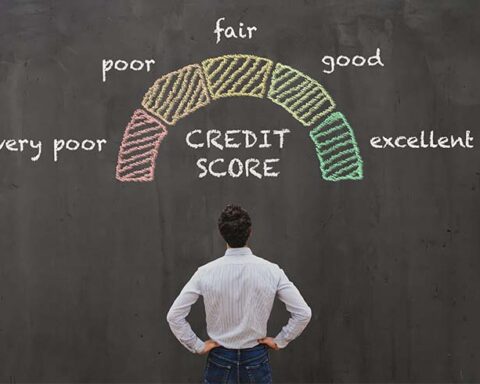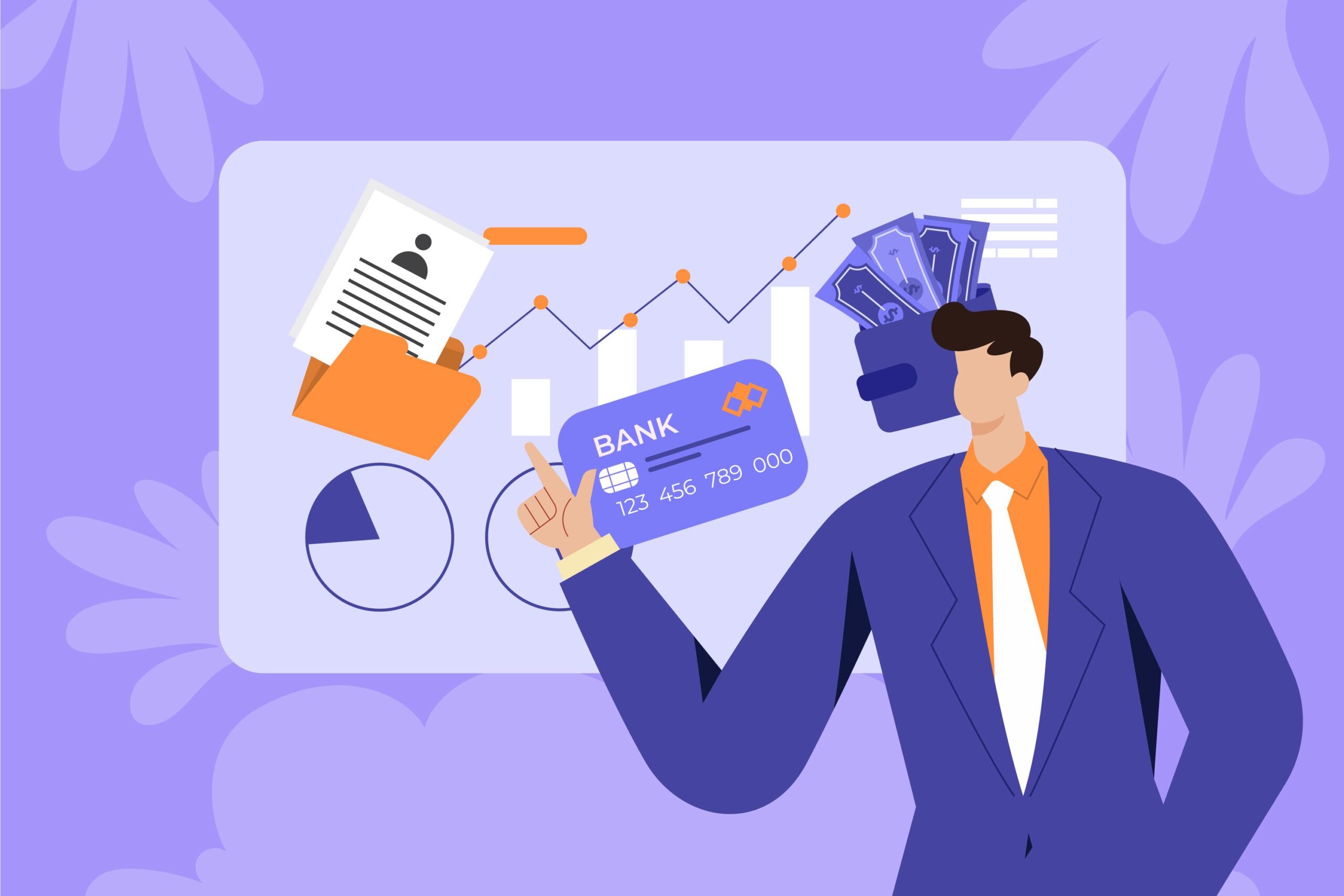A debt is something that is owned by one person and is owed to another person. Debt can be of any kind involving money, physical property, services, or any other consideration. There are many types of debt in credit card debts, auto loans, personal loans, payday loans, and loan shark team deals. Typically, a loan is a form of debt in which there is an agreement between the two parties as to one party lending the money to another.
Debt can get out of control even before it comes to a person’s notice. A debt may spring out of unexpected expenses, overspending, or a loss of a job. It is possible to reduce the deficit and eventually get rid of it.
However, handling debts takes time and systematic effort, and with the help of many strategies which are to be followed consistently, the debts can be reduced or wiped out.
Must Read: The Salaried Person’s Guide To Better Money Management
The following are some of the strategies to put an end to the debts:
Stop Accumulating Debt
This strategy means that they must reduce their temptation to create more debt by taking a break from the excess use of credit cards, going up to the extent of freezing them, or reducing the credit limit. Freezing a credit card makes it difficult to apply for new credit impulsively and minimizes identity theft. This strategy will help an individual in making it a bit harder to pay off debts. People must try to create a budget as it helps in aligning expenses with income making every penny count. It ensures that an individual does not use credit cards or loans to make any ends meet.
Build an Emergency Fund
People should try putting their money in an emergency fund rather than depositing it in a savings account. It may sound unreasonable when one tries to eradicate any debts as they can use any extra money to pay off the debt. But an emergency fund, if created and maintained well, can keep an individual from creating more debt. This emergency fund saving can help an individual by offering a safety net that can be used towards emergency expenses instead of reaching out to use credit cards and creating further debts.
Use the Debt Snowball Method
Trying to pay off the debt balance every month with a minimum amount takes a longer time to pay them off as well as these debt balances can hike up the interest charges every month.
Many people now prefer the debt snowball method to reduce or eliminate the debts as quickly as possible. Here an individual can start paying off the smallest debt balance every month and moving on to the next-in-line smallest debt in the list. Slowly but surely, the individual can reach a level where no further obligations are available to be paid off, and they will be debt-free.
Another method is the debt avalanche method. In this strategy, an individual starts paying the enormous possible debt with the highest interest rate progressing to the next most extensive amount debt with the next-in-line highest rate of interest and finally reaching the end of the list. These are modern methods, easy enough to follow and highly motivating too.
Ask Your Creditor for a Lower Interest Rate
While paying off debts, usually a lot of money goes towards paying off higher interest rates instead of reducing the actual balance or the principal amount of debts. The rate of interest on a debt or loan can be negotiable as an individual can ask the lenders to lower their interest rate. However, the borrowers need to have a good payment history and a good credit rating for the successful negotiation of a lower rate of interest. Individuals can try paying off the balance by seeking out promotions and opt for a balance transfer at a lower rate to pay off debts before the promotional rate expires.
Must Read: Top 17 Buy Now Pay Later Apps in India
Increase Your Income
One way to eliminate or reduce the debt is to put in more money to pay off the debts faster for good. Thus, an individual needs to increase their income by earning more money and dedicate the extra funds to the obligations pay off. There are many options through which an individual can earn extra cash, such as starting a home business, generating income from a hobby, starting a part-time job, working overtime, etc.
Withdraw from Your Retirement Fund
In some extreme cases where it is simply challenging to further hold on to the debts, and an individual wants to pay off all the debts, they may consider withdrawing some money from their retirement fund account. However, they may face penalties for early withdrawal by doing this and may create an additional tax liability. Also, since there has been a withdrawal from that account, the savings will be short of money and loss of gaining interest, dividends, and capital gains at the time of retirement.
Cash Out a Life Insurance Policy
Like using money from a retirement fund, one can also surrender their life insurance policy to pay off the debts quickly. However, this is a risky strategy that comes with tax liabilities. Also, it may affect the death benefit receivable by the beneficiaries towards the end of the policy.
Must Read: Types of Individual and Group Health Insurance Plans In India
Debt Settlement
People use this strategy as a last resort wherein a debt settlement may be done by paying a lump sum amount lower than the actual amount of debt to satisfy the debt in full. The borrower can ask the creditor to accept this one-time lump sum payment. But this kind of debt settlement can negatively affect the individual’s credit score and make them a defaulter. While settling debts in such a manner, one can either negotiate directly with the creditors or take the help of a reputed debt relief company.
Credit Counselling
Many credit counselling agencies or organizations help to manage finances and debts. They may negotiate with the creditors on behalf of an individual to create an affordable debt management plan. According to the plan, an individual can send a lump sum payment to the credit counselling agency who can divide the amount accordingly, and send it to the creditors on their behalf. However, one should understand that a debt management plan is different from a debt settlement as an individual doesn’t have to be in default for credit counselling, and the goal here is to pay the debts in full.
Must Read: Credit Score or Credit Shield Insurance — Have you heard about it?
The Bottom Line
Though some of the steps may seem small, they are significant in building a stable financial foundation that allows individuals to pay off their debts successfully. Also, people should track their progress by keeping themselves focused and reminding themselves continuously that they have to reach their goal of total pay off of the debts.






